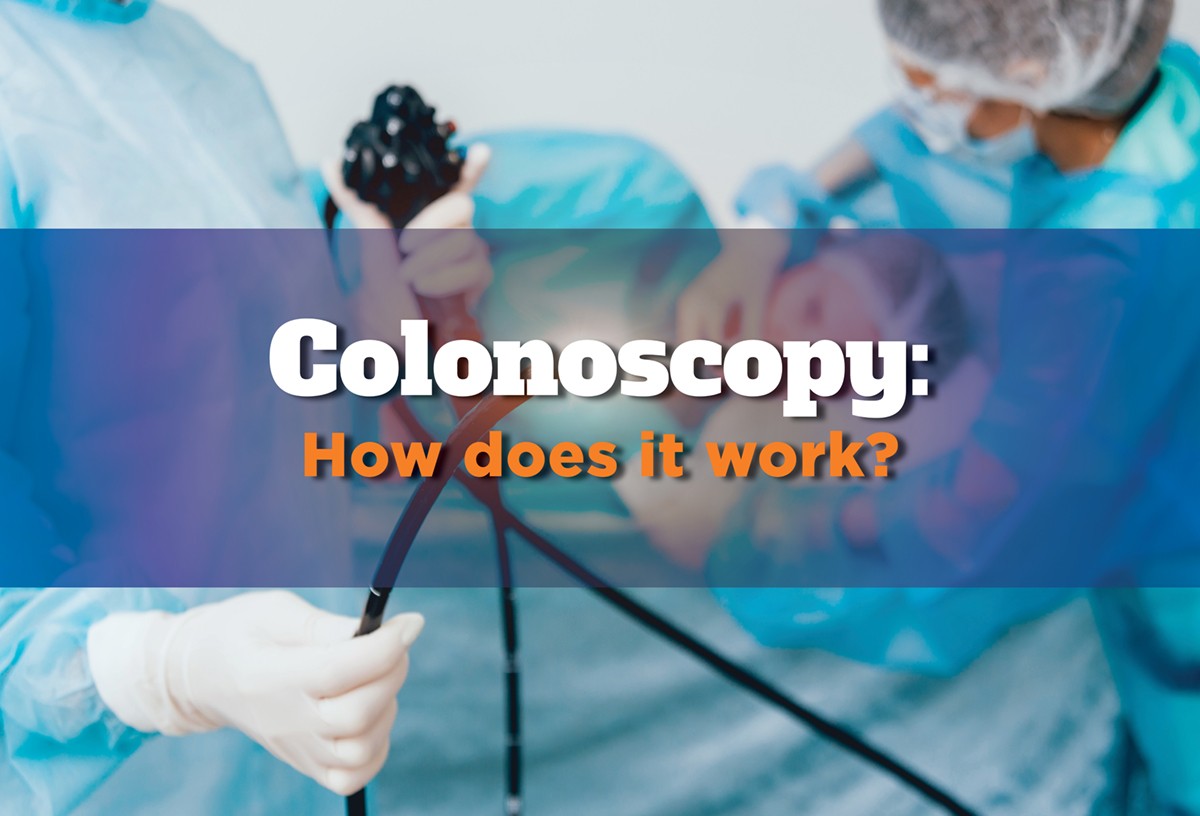
Stop worrying and embrace that lifesaving colonoscopy
Doctors and other experts are on a mission: They want you to know that one of the deadliest cancers is also the most preventable.
“There are about 50,000 people who die from colorectal cancer each year in the U.S.,” says Janette Gaw, M.D., a colorectal surgeon on the Lee Health medical staff. Colorectal cancer is any cancer that starts in the colon or rectum.
But lifestyle changes and education ensure that you have a chance to ward off this deadly disease.
And the most important thing to remember? A colonoscopy – a medical test that examines the lower bowel for abnormalities -- is essential.
Overcoming a Bad Reputation
Unfortunately, colonoscopies have a bad reputation. The very idea of the exam makes many people uncomfortable or afraid. But your doctor will help you through the procedure, and you may only need to get one every 10 years.
Dr. Gaw recommends that screenings should begin at age 50, but you should get a colonoscopy at a younger age if you have a family history of colon cancer.
We all know that drinking the prep liquid can be pretty gross, but some doctors will allow you to split the dose into smaller portions or may even allow you to drink a low-volume and tasteless mixture. And don’t feel like you have to guzzle the mixture all at once—if you feel sick, take a break and chew some gum. You can also dilute the mixture with a sports drink to help with electrolytes and taste.
OK, the bad part is next: You will probably be stuck in the bathroom for a long time after you drink the prep liquid so your colon can be thoroughly clean for the procedure. So grab your favorite reading material or browse something fun on your phone. Use hygiene wipes or ointments to help with irritation.
So now you are ready for the procedure – but remember you have sedation options to make you as comfortable as possible. Talk to your doctor about all the various options, and remember colonoscopies are hardly ever scary or painful!
Recovery
Dr. Khalid Alam. a gastroenterologist with Lee Health, says there’s good news when it comes to recovering from your colonoscopy.
“Colonoscopies have been around since the 60s. We used to insufflate air in the colon and expand it and that’s how you examine the colon,” Dr. Alam said.
After the procedure, the patient may experience bloating and discomfort, an experience Dr. Alam is working to change.
“What we like to do is to make colonoscopies more palatable and acceptable to the patients, and air insufflation which has been around since the late 60s would cause some discomfort to the patient.”
It’s why, he says, more physicians are using CO2 instead of air. The process has proven safe and more comfortable for patients. “CO2 is more easily absorbed and less uncomfortable,” said Dr. Alam.
Don’t forget about other essentials of colorectal cancer prevention:
- Stop smoking and drinking
- Eat more fiber, fruits, vegetables and less salt, processed fats, and red meat
- Boost your immune system with more activity
- Don’t ignore symptoms such as bloody stools, rectal bleeding, unexplained weight loss or fatigue, cramping in the lower stomach, and change in bowel habits.
- Patients who face colon cancer have a variety of treatment options based on the severity of the disease. In its earliest stage, colon cancer is highly treatable.
Learn more at our new and improved Gastroenterology page!

